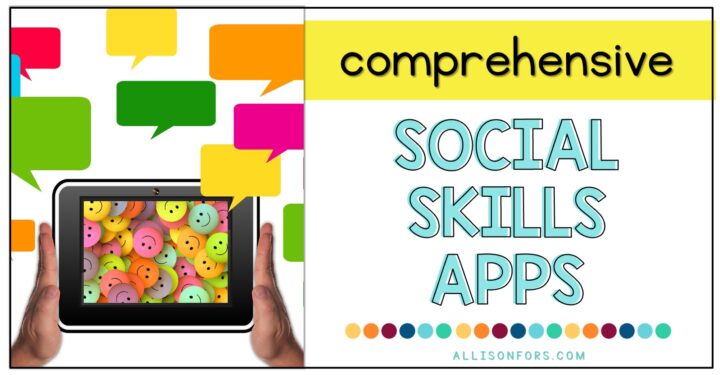
The Importance of Explaining the WHY of Therapy Sessions to Parents
Parent communication – It’s important to explain to parents the WHY behind what you’re doing in your therapy sessions!
Why does therapy just look like play?
Why is her therapist using ASL? I want my child to learn to talk!
Why is my child not making progress?
Ever heard these questions? I’ve mostly heard them from friends and acquaintances whose children are in speech therapy. I realized the parents of the children I was seeing most likely had the same questions and didn’t want to ask me either!
These are some common questions from a parent’s perspective and 100% valid. Explaining why you’re doing what you are doing in therapy and addressing hard questions is important!
As a therapist, what we are doing makes complete sense to ourselves. We often overlook simply explaining the reasoning behind what we are doing. Try to see your session from an outsider’s perspective. What would seem odd? And why are you doing what you’re doing? Why did you choose that phonology method? What does the research show behind using signs?
We studied language development. Therefore we understand that imitating gestures comes before imitating words. We understand that sign language is a stepping stone to understanding how communication works and verbal language. As professionals, we need to make sure to explain these things and give the greater picture to parents to help them understand too.
Parent communication is vital to building rapport and trust. Not only will parents and caregivers have a better understanding and be more confident in what you are doing. But they will be more likely to practice these skills at home if they understand why we are doing what we are doing in therapy.
This seems like such a simple concept that is common sense, but it seems many therapists don’t communicate with parents and caregivers. And I understand entirely that communication with guardians can be quite varied (and possibly tricky) based upon the setting you work in. The type and level of communication will look different based upon this.
Some things I’ve learned over time about parent communication:
1. It’s better to over-explain things than under-explain them – in “non-speechy” terms. Break things down and keep it simple.
2. ASK the parents if they have questions! Provide time and space for communication. You may be surprised what is on their mind. You may also discover a significant communication need happening at home or school that you should be implementing into your sessions.
3. Repeat why you’re doing what you’re doing. One time may not be enough for the parent to comprehend or remember. And don’t assume the information you are giving one parent is making it’s way to the other parent.
4. Some parents will be very interested in the why behind your therapy sessions, and others won’t. Read them and go from there.
5. Be clear about what you want to have them do at home and give specific ideas on how to do it. For example, if you send an articulation word list home, provide an idea of how to practice the words. Tell them to pull out a game and have the child say a word from the list three times before a turn.
6. If the child is present for these conversations, make sure that what you are communicating is sensitive to them. Even if the child is pre-verbal, the odds are good they are listening!
Do you have thoughts on parent communication? Do you think we can be better as a profession at communicating with family?
You may also be interested in:
When the Therapy Becomes the Parent: Lessons Learned During our NICU Experience
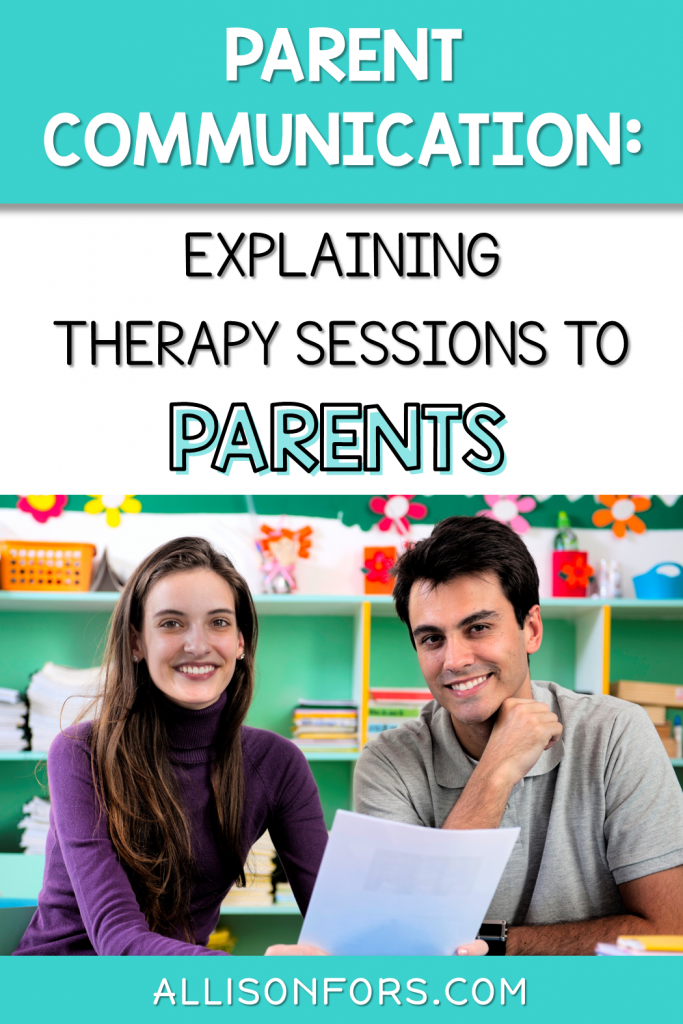

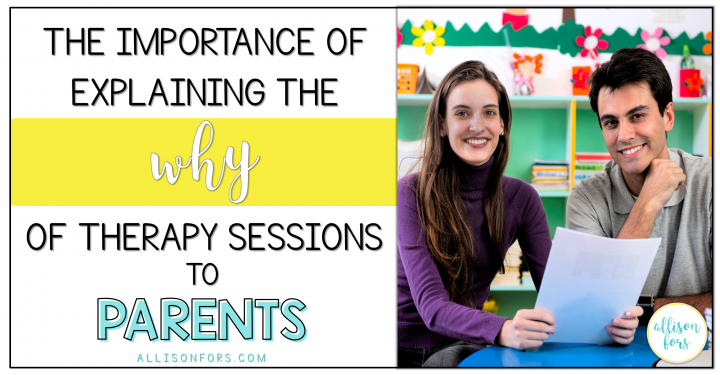


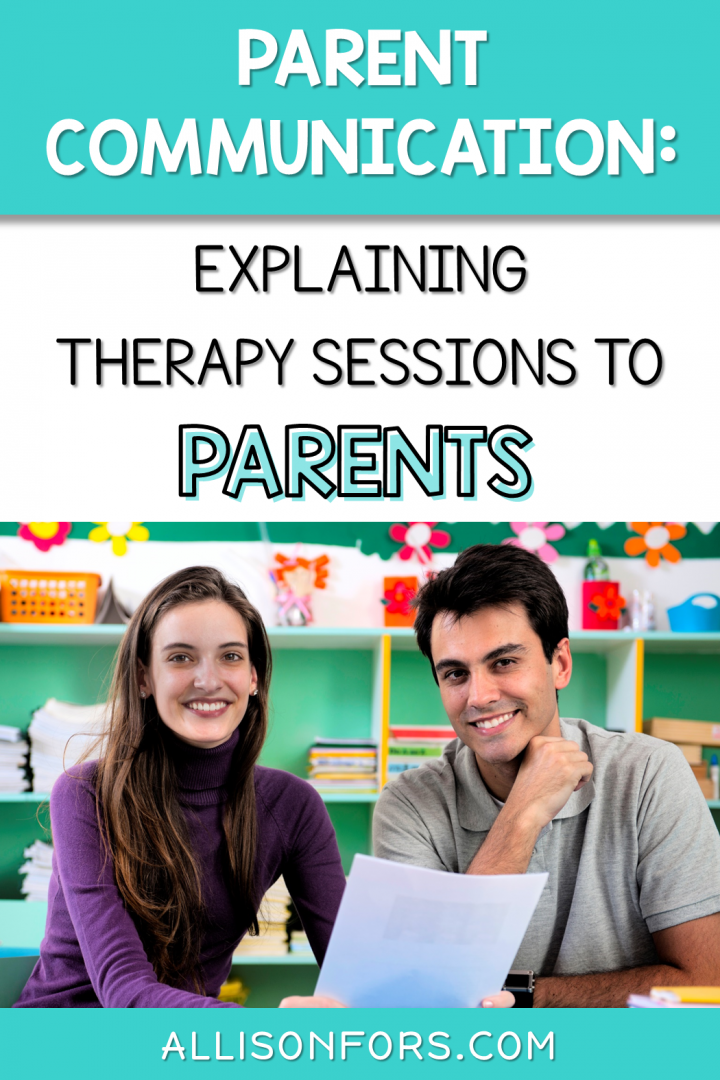
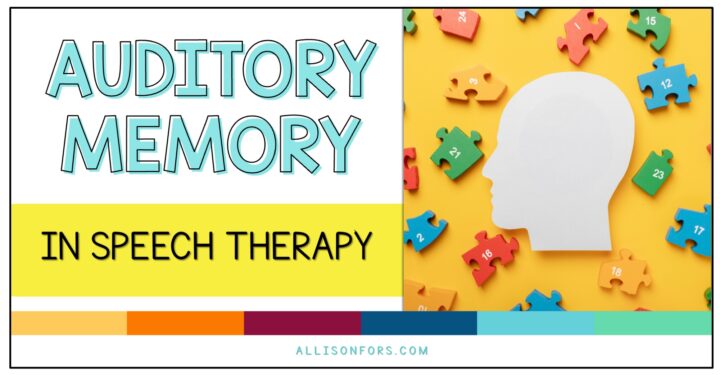
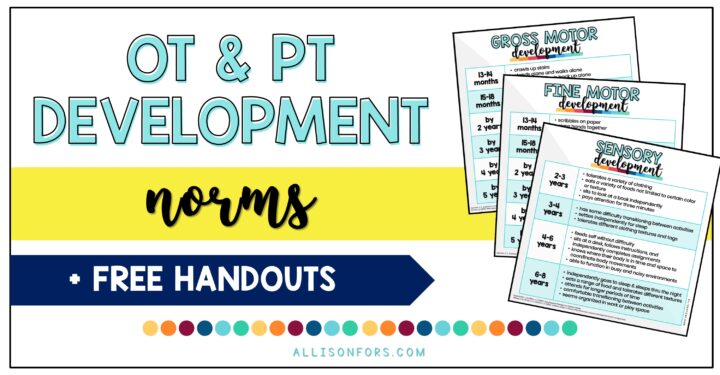
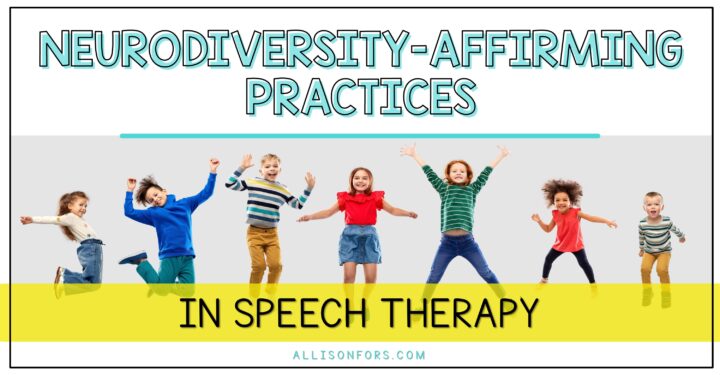

One Response
Allison, I agree with what you said that it’s important for child counselors to talk and explain to the parents what they want them to do at home and give them examples of how to do it efficiently. My son needs to see a child counselor soon for his trauma, so I really appreciate your tips here. Hopefully, we will be able to find a reputable counselor for him soon. Thanks!